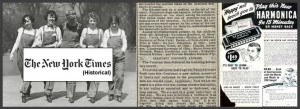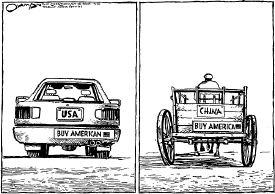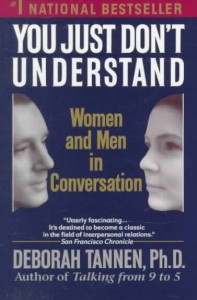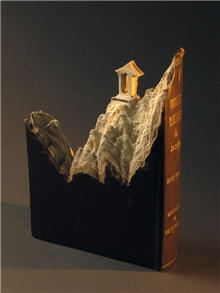It’s time to feature another UST Librarian! Linda Hulbert wears many hats around UST Libraries; as both a subject liaison and the Associate Director of Collection Management and Services, she oversees quite a few resources. Let’s see what she has to say about her favorites…
- What departments are you a liaison for?
 Political science and General
Political science and General - What resource – in your topic area – do you think is the coolest?
OK! I love The New York Times Historical. - What’s one cool thing that resource can do?
I don’t know that it’s the best resource for my students who work in the area – but I do know that it is so cool to have current events and see when the first time certain terms were used – like suicide bomber. I love the fact that you can look at how the country was looking at events contemporaneously – like the Civil War. For my political science research, I also really like the papers in CQ Researcher.
Getting to know Linda:

- What’s your favorite flavor of ice cream?
Anything with chocolate, fudge, and caramel - Who is your favorite author?
I have to many: William Styron for Sophie’s Choice; Graham Greene for Quiet American; Maeve Binchy for wonderful warm fiction; Elizabeth George – Lynley mysteries; Rushdie – Enchantress of Florence. - Do you prefer the Minnesota Twins or the St Paul Saints?
Neither. Baseball, meh – now let’s talk about the Packers! - Is there something random about you that you’d like us to know?
I have a one year old grandson, and one on the way – so fun!
Linda can be contacted for research assistance or classroom sessions by email, or by phone at (651) 962-5016. See more information about her on the library website.


